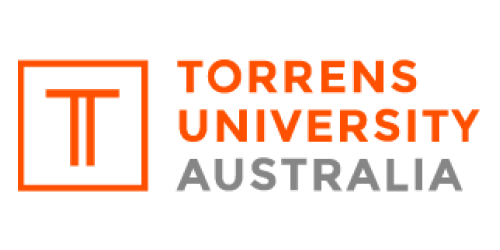
This Bachelor of Nutrition will prepare you to assess the health and nutrition needs of the community and develop and implement various nutrition interventions in preventative health. You’ll gain a deeper understanding of the role of nutrition in public health and how to apply evidence-based practice in supporting the health and wellness of your clients.
Upon completing this degree, you’ll gain access to various health and nutrition roles in community nutrition and health advocacy and promotion. Some career outcomes of this course include:
This course runs for 3 years full-time and 6 years part-time. The materials and content are delivered online and can be completed based on your own schedule. On top of that, you will attend 120 hours of community nutrition placement to gain hands-on, practical experience.
The Bachelor of Nutrition is also a fantastic way to gain the education and qualifications required to pursue a postgraduate degree, such as a master’s degree in Public Health.
The Bachelor of Nutrition enables graduates to assess the determinants of health and nutritional needs of communities and broader populations, prioritise nutrition problems and devise nutrition solutions. This course highlights the increase in related diseases and the importance of developing, implementing and evaluating diet-focused health interventions. This degree in Nutrition will teach you how to apply preventative principles to address nutrition issues at all levels of the population.
The Bachelor of Nutrition prepares you for a range of careers in Nutrition, with a focus on population health, nutrition-related health promotion and disease prevention. On completion, you’ll be open to roles in community nutrition, health promotion and advocacy, working with consumer organisations, food industry, government departments and community groups. This degree in Nutrition also provides a pathway to the Master of Public Health or Dietetics. On graduation, you may be eligible for registration with the Nutrition Society of Australia as an Associate Nutritionist and, with a further three years of relevant work experience and/or postgraduate studies, as a Registered Public Health Nutritionist or Registered Nutritionist.
The Bachelor of Nutrition course is comprised of 24 subjects consisting of 23 core and 1 elective. Each subject has a value of 10 credit points for a course total of 240 credit points. A normal full time student load would be 80 credits points each year for three years. Part – time students could complete their 240 credit points in approximately six years.
The Bachelor of Nutrition course is comprised of 24 subjects consisting of 23 core and 1 elective. Each subject has a value of 10 credit points for a course total of 240 credit points. To satisfy the course requirements, you must have completed 240 credit points. The subjects are specified in the Course Structure document and are listed below.